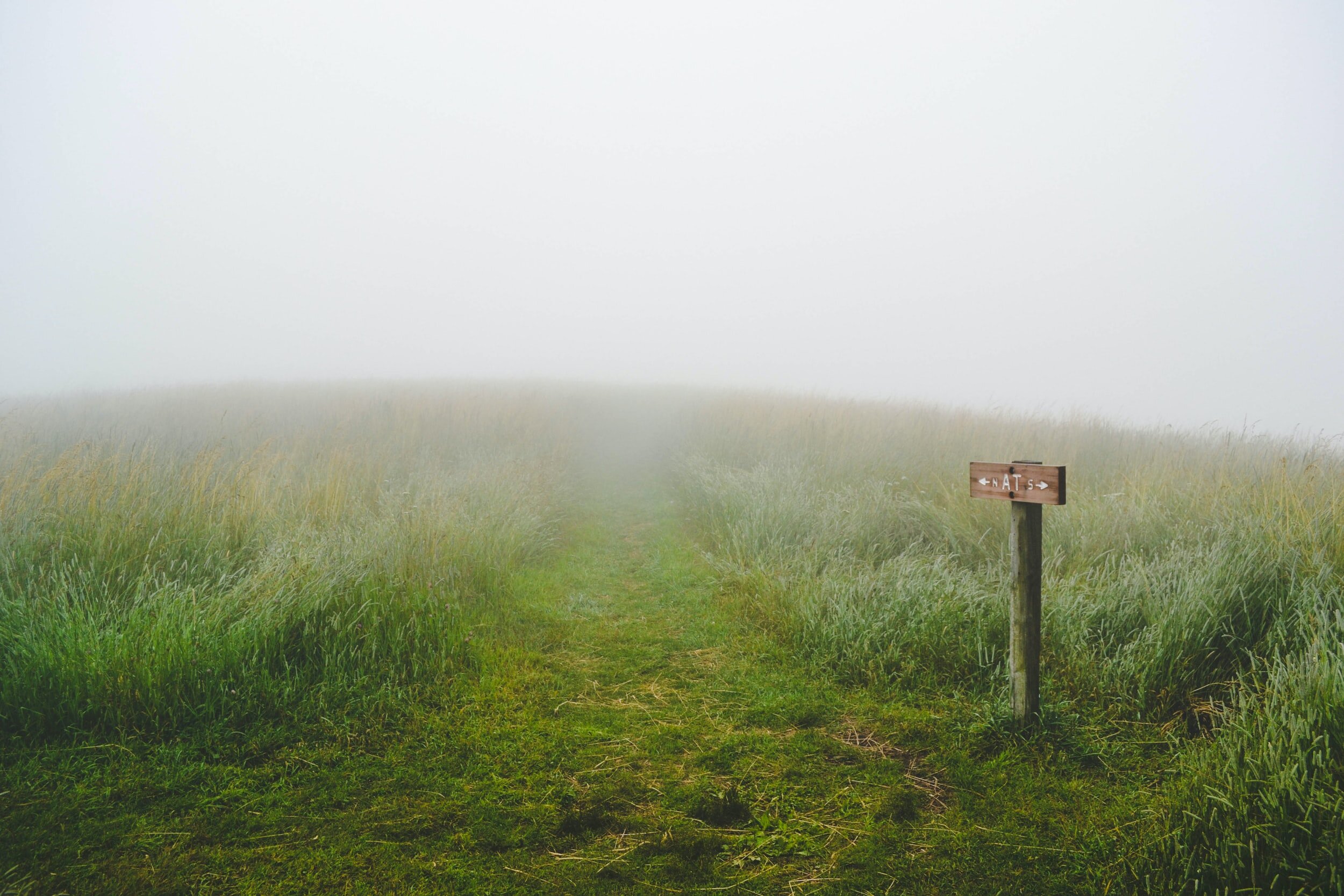Passion, Purpose, and the Painful Journey of Becoming: Thoughts on Calling
One theme underlies every meaningful decision we make in this world: what is the purpose of my life? What is it that I have been uniquely designed to do?
This expresses itself in myriad forms. Where should I go to college? What should I study? Should I take this job or that one? Should I pursue financial abundance or my less lucrative dreams? Should I have children? Should I quit my job and stay home with them? Should I start that business I’ve been thinking about? The list is endless.
Some of us may think about this question a bit more than others. I’m definitely one who thinks about it a lot (read: obsesses). I’ve been alive now for almost 40 years, and I can remember asking this question for about 34 of those. #Enneagram4
Who Am I?
One form the question takes for me is, what kind of person am I? Am I the kind of person who reads a lot of nonfiction? . . . who works in a cubicle? . . . who takes time to coif her hair every morning? . . . who can work a job to afford her passion on the side? . . . who would rather be a “starving artist” than a prosperous cog in a machine?
And then I ask, what is my passion, anyway? I’ve always wished I had one thing that I loved so much that I wanted to do that single thing for hours every day until I became an expert. I longed to be a professional musician (cellist, singer/songwriter) or a dancer or a soccer player or bestselling author — really anything that would give me the affirmation and sense of “specialness” that I so desperately needed.
Instead, I was that classic “jack of all trades and master of none.” I was pretty good at a lot of things but never exceptional at any, which to me seemed completely and totally worthless. So I drifted, trying this and that, living in dread of the question people love to ask young adults: “So what are you going to do with your life?”
To give you a taste of the kind of experimentation I engaged in, here are a few random facts. I majored in Latin American Studies (after ruling out music and learning that my college didn’t offer a major in creative writing). I considered journalism until taking an internship in NYC that taught me just how unsuited I was for identifying and hunting down newsworthy stories. I worked as a waitress for about eight years on and off to pay the bills and (most bizarrely) spent just over a year working as Director of Investment Services at a financial network. I earned a Master’s degree in American Studies and then fell into teaching, which for quite a while felt like not quite the right fit: I cared too much, expected too much, asked too many questions, and exhausted my limited social energy by lunchtime. After a particularly awful year, I vowed never to teach at a Christian school again and came “this close” to pursuing a career as a hairdresser before being pulled reluctantly back into teaching. I started a business as a college consultant, investing (too much) money and time into this new, supposedly lucrative field only to struggle to pull in enough clients to break even. Circuitous doesn’t even begin to describe my path.
The Detour Is the Path
At the time, and even looking back after a few months or years, most of this made no sense. Why did I “waste” a year working in finance of all places? Why did I get a degree in something completely unrelated to anything I’m now interested in doing? It all seemed so very inefficient and frustrating.
But now, after getting a little more distance and a little better sense of what it is I’m actually called to do, I’m beginning to see the thread of purpose woven in and around each seemingly random and fruitless detour.
Each step, I’m learning, no matter how strange it may have seemed at the time, taught me something essential — something without which I could not effectively fulfill the calling for which I have been designed. The financial network? Taught me that I am not the kind of person who can work a “day job” and pursue meaning on the weekends, that I love learning new things but do not care about managing money. That job taught me how to use Excel and Powerpoint and that teaching something to others makes even something boring far more interesting to me. All the waitressing? Taught this shy introvert how to put on a persona that could talk cheerfully to strangers, not caring much what they thought — a skill integral for teaching. It taught me that I highly value autonomy in my work but abhor having to sell things. That fairly disastrous journalism internship? Taught me that I’m actually really good at editing, at seeing quickly how to arrange words as clearly and eloquently as possible. Bit by bit, each experience added something to my toolkit — skills, yes, but also something even more valuable: self-knowledge.
By figuring out what was not right for me, I slowly began to narrow in on what might be. There are no shortcuts on this journey, for each step prepares you for the next, even if we often can’t see how.
Calling as a Journey
It’s easy to wish that God would just drop a letter in your mailbox when you’re about 20 that would spell out exactly what you should do with your life. It’s easy to think, come on, God! I’m ready and willing! Just show me what to do, and I’ll do it! But the truth is that, at least for many of us, it simply would not, could not work that way.
Had someone told me at age 21 that I was meant to build my own business as an online writing teacher who would lead people through a process of self-discovery and transformation by mining their pasts to unearth the story of redemption buried within each one of us, I would almost certainly have rolled my eyes and shaken my head and waved them away. Me? Teach? Me, an entrepreneur? Teaching online? What would that even look like? Zoomwhatnow?
I literally could not have done that in 2004. Zoom did not exist. Online teaching was not a thing. More importantly, I didn’t believe in God and was not even close to having the social skills and confidence to teach anyone, much less design and market my own course.
The truth is that, while I can now say with a great deal of certainty that I am called to a combination of writing and teaching and counseling, I was not called to that at 21. Yes, my life seems to have been leading me to this — building and preparing and shaping — but like all the best things in life, it could only become a reality in the fullness of time. As the saying goes, we must learn to walk before we can run. And to use another slightly cliché analogy, we cannot rush the butterfly out of its chrysalis too quickly lest it fail to gain the strength it will need to fly.
A Series of Callings
I do believe we each have a calling — one beautiful, unique part to play in the intricate dance of creation that tips the scale just a tiny bit toward the side of truth and justice — but I have found that it’s usually unhelpful to think of it in those terms. Instead, we do better when we think of callings plural. What am I called to in this season? What skills or aspects of myself am I called to explore and develop next? How can I help people and contribute to the kingdom today? What form of work is the best choice for now?
This approach enables us to hold things loosely, to not get too attached to any one pursuit such that we might cling to it obstinately when we’re called to let go. When our hands are full with something we think we want, there’s no room for God to fill them with what we truly need.
While there is, I’m convinced, a thread of continuity that connects the callings we encounter, it’s rarely apparent to us, particularly in the first half of our lives. Instead, we stumble along, the path ahead veiled in fog, the path behind only slightly clearer for having passed through it.
Our Need to Know
Jeremiah 29:11 begins, “For I know the plans I have for you . . .” God has a plan. (We don’t need to go into the quicksand that is trying to figure out the theological details of providence and predestination and free will and omnipotence, not here.)
In our human impatience, we ache to know those plans, and sometimes we attempt to decide them for ourselves, latching on to a major or job or identity that, we arrogantly believe, we can make our calling by sheer willpower and hustle. And those things — grit and hard work — are essential, don’t get me wrong; no calling can be fulfilled without struggle, which is the prerequisite for growth. But the journey to a life of calling is just that, a journey. There is no arrival, no destination at which we finally flop down in complete contentment and coast blissfully into “happily ever after,” at least not on this side of death.
Our experience is often one of chaos, confusion, and uncertainty, but in reality, our lives are littered with clues that point us to our purpose if only we’ll pay attention enough to see them — and have the patience to wait for their meaning to be revealed.
In Pursuit of Purpose
God crafted each one of us with a unique combination of strengths, weaknesses, desires, preferences, talents, and temperaments. And in His great love, He invites each one of us to join Him in the Great Work of (re)making the world — of bringing about the kingdom of God here on Earth. But how we are meant to participate in that dance varies from person to person, no two exactly alike.
Like life itself, the pursuit of calling is one of continual exploration, a pilgrimage toward our truest selves, which is to say, toward knowing ourselves the way God does. While we will never fully reach that goal, we can find greater clarity, deeper confidence, and truer joy as we draw closer to that elusive destination.
This, I am convinced, is the only path to real happiness (a word that has been so misused as to become nearly meaningless but that I use nonetheless). We cannot avoid pain. We cannot escape frustration. One day we’ll look back and see the path God laid out before us in all its perfect, messy beauty, and it will all make sense. But not today.
For now, all we can do is to listen for the call toward the next right thing and move forward in faith, step by tremulous step, in what we hope is the right direction.
Nonetheless, this much we can know: each of us was created to become ourselves, fully and truly and without apology. Figuring out who that is and how that person fits into the Story of Redemption is our life’s work. It’s a process that cannot be rushed — painful at times, but ultimately full of the aching beauty of grace.





